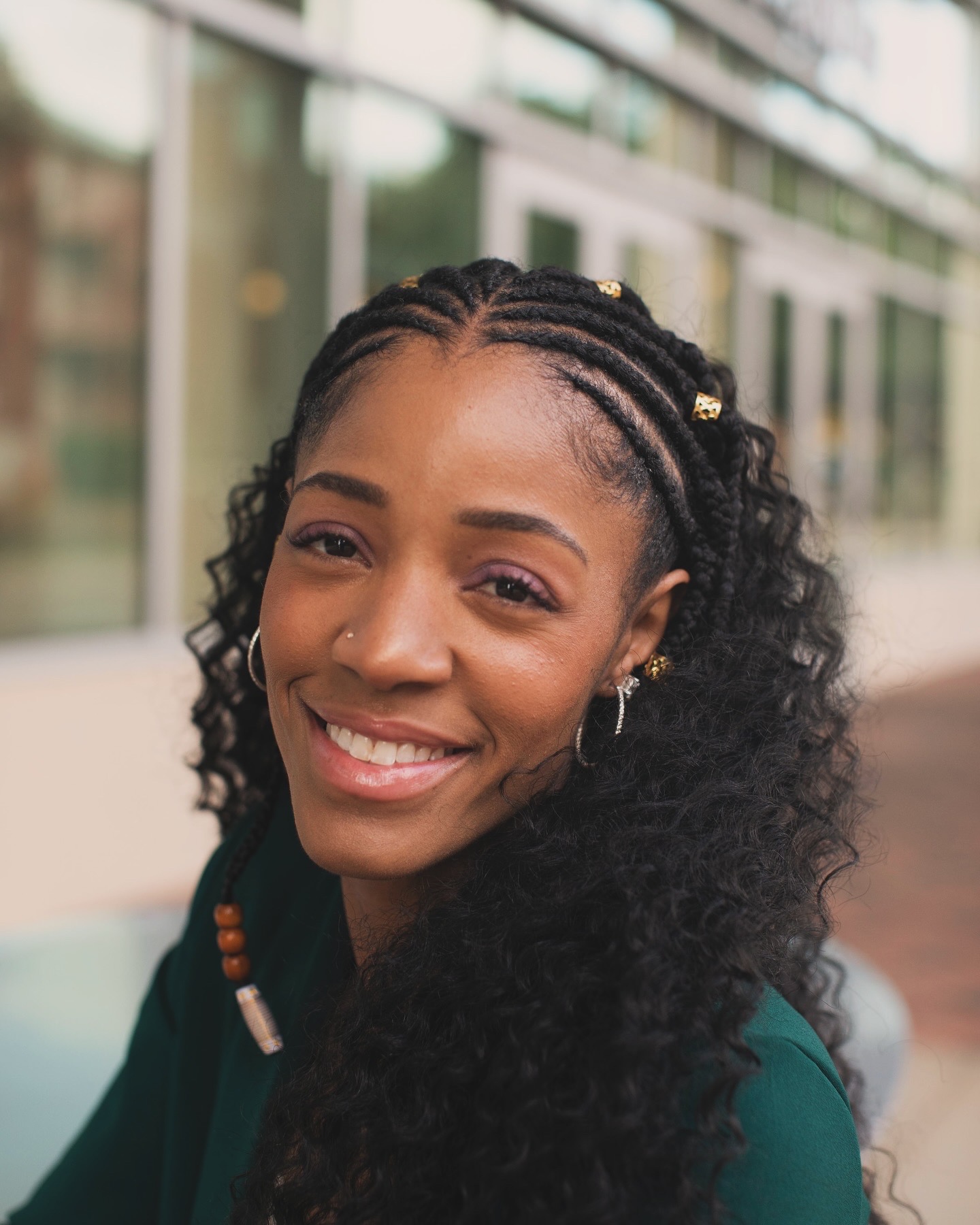We’re excited to introduce you to the always interesting and insightful Capri Richardson. We hope you’ll enjoy our conversation with Capri below.
Hi Capri, thanks for joining us today. It’s always helpful to hear about times when someone’s had to take a risk – how did they think through the decision, why did they take the risk, and what ended up happening. We’d love to hear about a risk you’ve taken.
When people ask, “What’s your why?” or “What brings your life meaning?” I used to think it was volleyball — playing it, coaching it, living it. I thought my purpose was to become a big-time collegiate coach. But I’ve come to realize: that was only part of the journey.
As a former collegiate and professional volleyball player, choosing a career in collegiate coaching felt like the natural next step. But there was always another side of me that was deeply curious — the side that loved psychology and the inner workings of the mind. To me, every person was a puzzle. Even if you got close to understanding one, you had to start fresh with the next.
Throughout undergrad, while juggling Division I volleyball, I dove into my psychology major headfirst. I joined research projects (one studied the link between schizophrenia and creativity!), spent hours in my professors’ offices, and soaked up every psych class — unlike my gen-eds. That curiosity even started spilling into my sport. I became more aware of my teammates’ and opponents’ behaviors, wondering what drove them to say or do certain things. At the time, I didn’t think much of it.
After graduating with a bachelor’s in psychology and a minor in dance (that story is for another day), I set my sights on playing pro volleyball in Europe. I spent three years traveling and learning from different cultures, which gave me an even deeper appreciation for how context and belief systems shape the way people think and feel. One of the most impactful experiences came in a predominantly Muslim country, where I became close with two teenage practice players who identified as gay. They carried so much unseen weight, and while they always smiled at practice, I sensed their pain. I befriended them and offered a safe space — instinctively. That moment stuck with me.
When it was time to “return to the real world,” I knew I wanted to go back to school for psychology — at first, because I thought it would help me become a better coach. While pursuing my master’s in Clinical Mental Health Counseling, I got the opportunity to coach at the collegiate level. Everything seemed to be lining up. I was on the “right” path.
Then I met someone doing something I didn’t know existed: sports mental health therapy for athletes. It was like love at first sight. Suddenly, I knew what I wanted to do for the rest of my life.
But doubts crept in. Would my athletic community accept this pivot? Could they see me as something other than an “up-and-coming coach”? I had to take a risk — to own my story, pursue my purpose, and not let stigma define my next move.
Since then, I’ve graduated, gotten licensed, and launched my private practice — First Contact Athletic Counseling, PLLC. Today, I serve over 50 athletes, coaches, and families, and I’m grateful every day that I didn’t let fear stop me.
It’s an honor to give back to the community that shaped me, and to help others realize they are more than just their identity as athletes — they are human beings, deserving of care, understanding, and a safe space to grow.
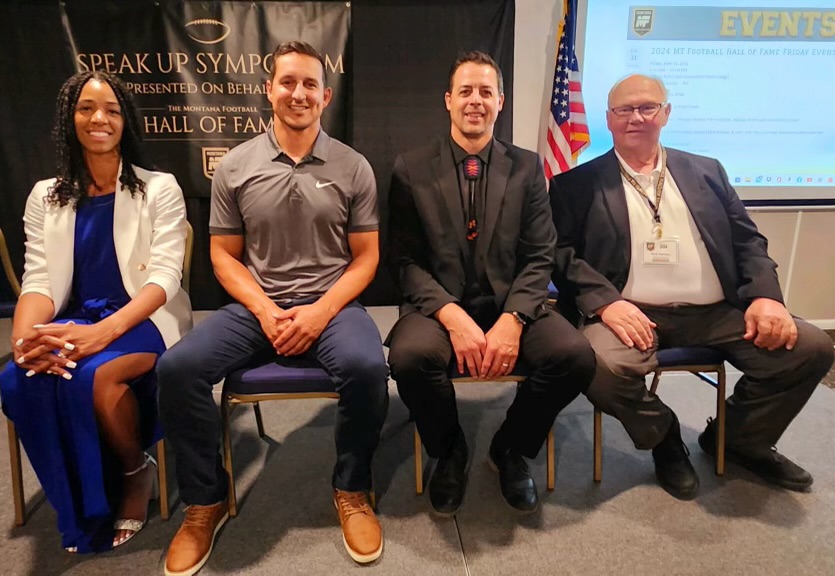
Great, appreciate you sharing that with us. Before we ask you to share more of your insights, can you take a moment to introduce yourself and how you got to where you are today to our readers.
I welcome all things sports and mental health! I’m blessed to understand the unique challenges faced by athletes, coaches, and their families in the sports world. Raised in a military and sports-loving home with both parents serving in the Air Force and playing volleyball, I developed a deep love for sports and what it means to be on a team with a common goal. I was a multi-sport athlete and found my passion for volleyball, playing club volleyball, and ultimately being recruited to play at the University of Montana. There, I earned a B.A. in Psychology and a minor in Dance. After graduation, I played professionally in Europe for three years. Upon retiring, coached at the collegiate and club levels while obtaining her Master’s Degree in Clinical Mental Health from the University of Mary Hardin-Baylor.
Drawing from these rich experiences, I have made it my life’s mission to provide the athletic community with pathways to achieve not only their athletic goals but also holistic health and success. I enjoy creating a supportive and down-to-earth environment where individuals can embrace their authentic selves both in their sports performance and in life. Utilizing a blend of existential, solution-focused, and gestalt therapies, I am dedicated to helping you navigate issues such as anxiety, depression, unhealthy relationships with food, injuries, and trauma-based disorders. My clients and I achieve this together through 1-1, couples, and family therapy. It is also become a great pleasure of mine to work with different athletic programs and organizations for workshops. I always finish these workshops with “Don’t hesitate to seek the support you need, there is a reason that your head rests at the top of your body. So let’s prioritize it together!”
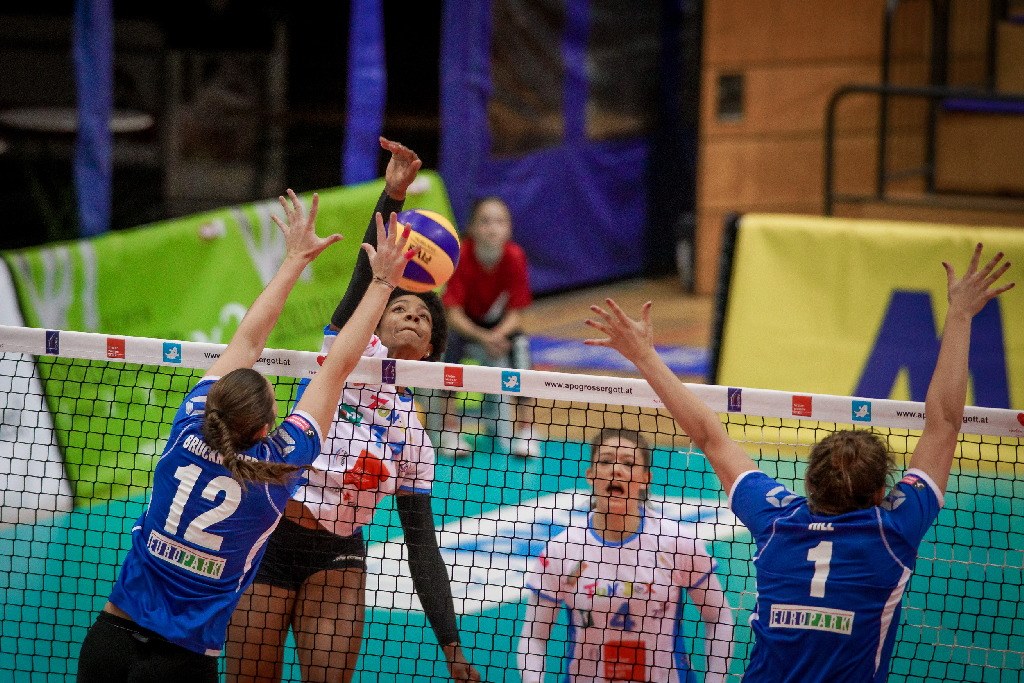
If you could go back in time, do you think you would have chosen a different profession or specialty?
Without a doubt, I’d choose the sports mental health profession all over again. Sports and camaraderie have shaped my life from the very beginning. Growing up in a military family, I learned early on the value of resilience and doing what’s best for the collective. On the sports side, it runs deep — my parents actually met playing volleyball! (They even named my sister after a volleyball brand — if you can guess it, you’re definitely a true fan.)
So when it came time to decide how I wanted to grow professionally, everything aligned. The timing was divine — from meeting mentors at just the right moments to realizing how much psychology and performance intersect — and I had an undeniable “aha” moment. I knew this path was meant for me, and I couldn’t ignore it, even if I tried.
Now, I’m fully rooted in a profession and a community that reflect my purpose — and I’m so excited to keep growing alongside both.
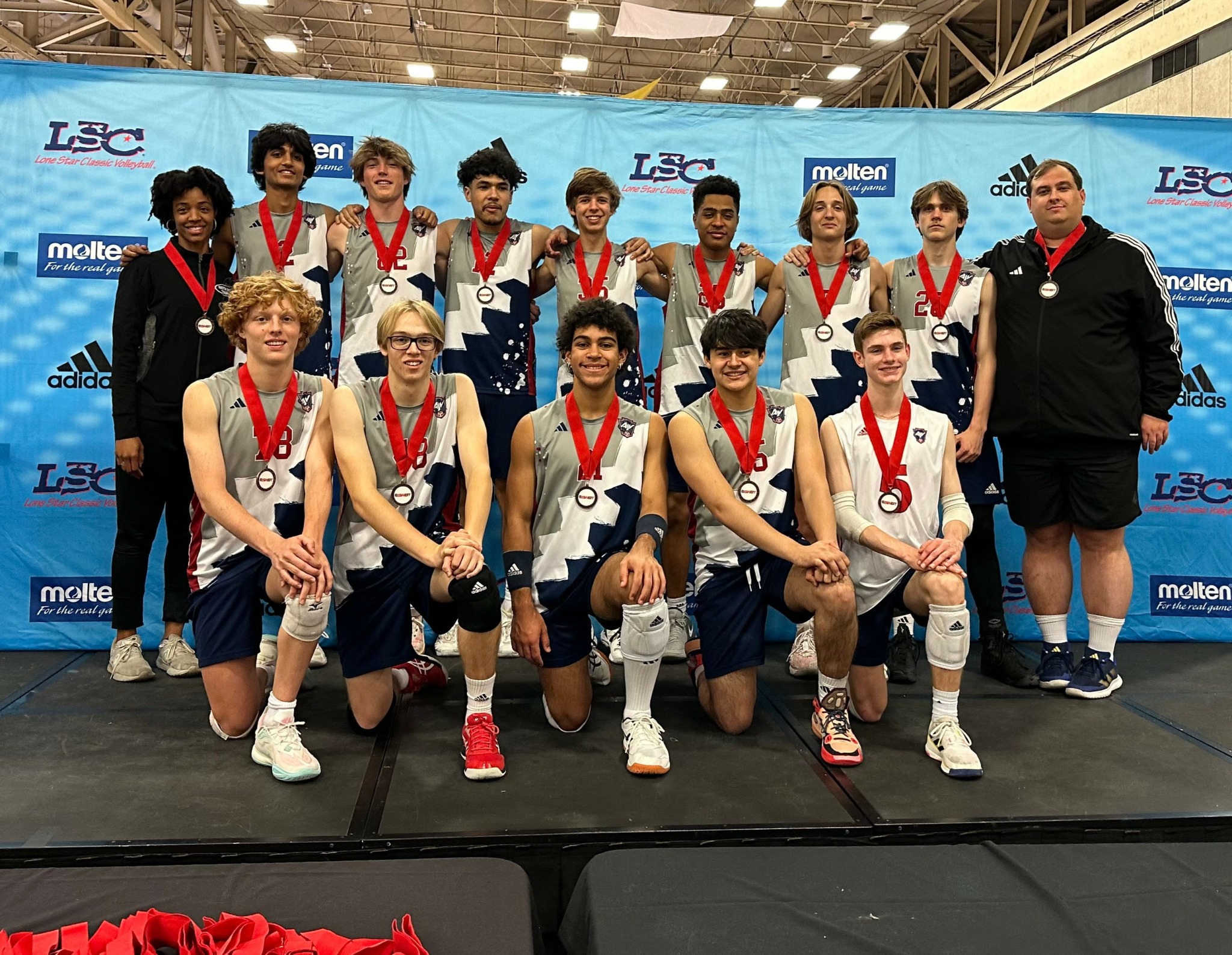
How’d you build such a strong reputation within your market?
I think what’s helped me build my reputation is consistently showing up with both credibility and care. I bring a unique blend of lived experience as an athlete, clinical training as a mental health professional, and cultural awareness from growing up in a military family and playing internationally. That combination allows me to connect deeply with athletes, coaches, and families because I’ve lived the journey from DI volleyball to pro, from coaching to counseling. It creates a level of trust that feels real.
I’ve also worked to be present and engaged in the athletic community by speaking at events, collaborating with programs, addressing hard topics, and making mental health conversations more accessible and athlete-centered. I’m here to fill a gap. One that many didn’t even realize existed until they felt the impact of this work.
More than anything, I think it’s been my commitment to showing up authentically and doing the work with integrity. I don’t just work in this space. I care deeply about reshaping the way our community sees and supports mental health in sports.
Contact Info:
- Website: https://firstcontactathleticcounseling.godaddysites.com
- Instagram: first_contactcounseling
- Linkedin: https://www.linkedin.com/in/caprifirstcontactcounseling
- Youtube: First Contact Counseling
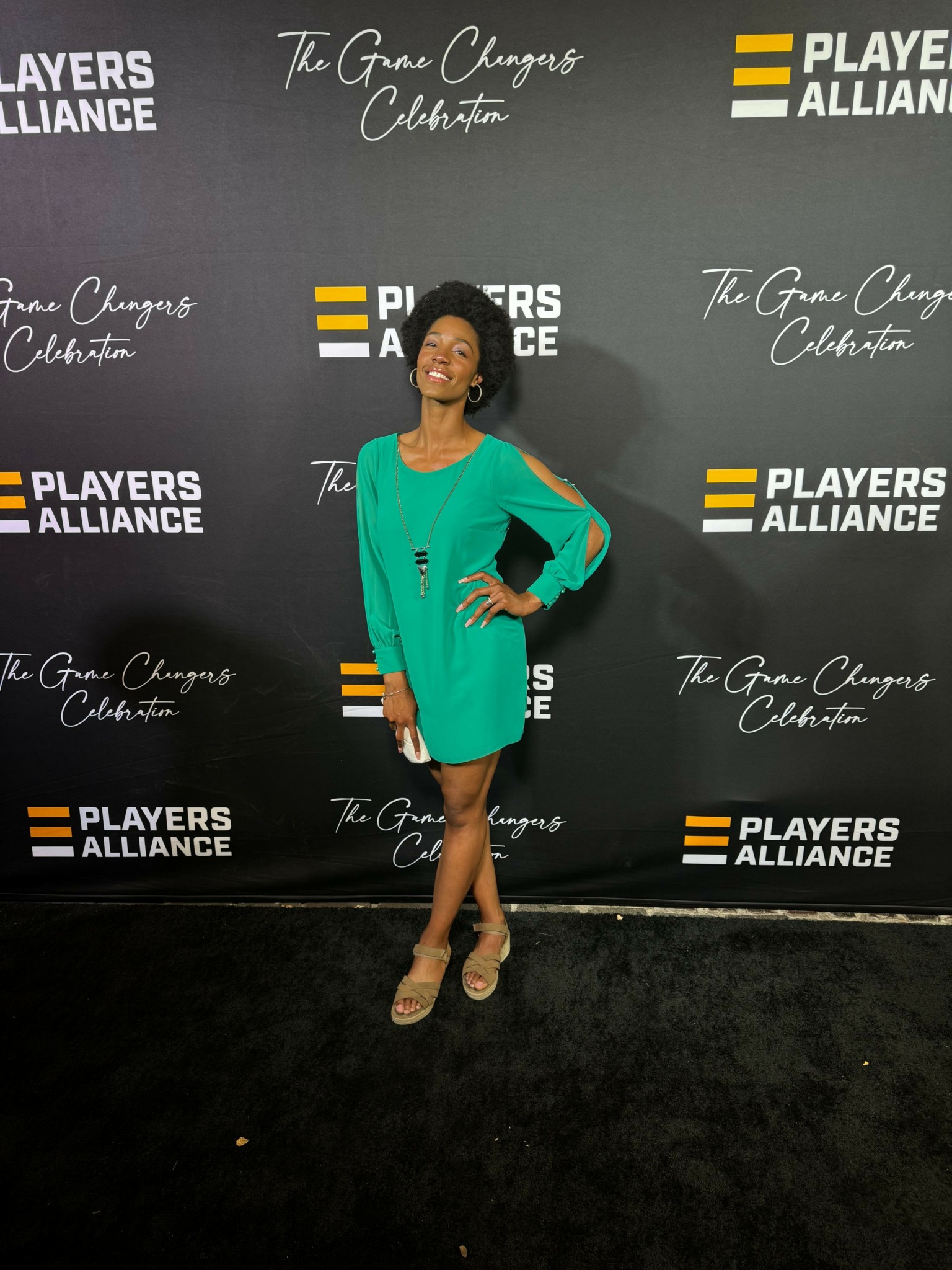
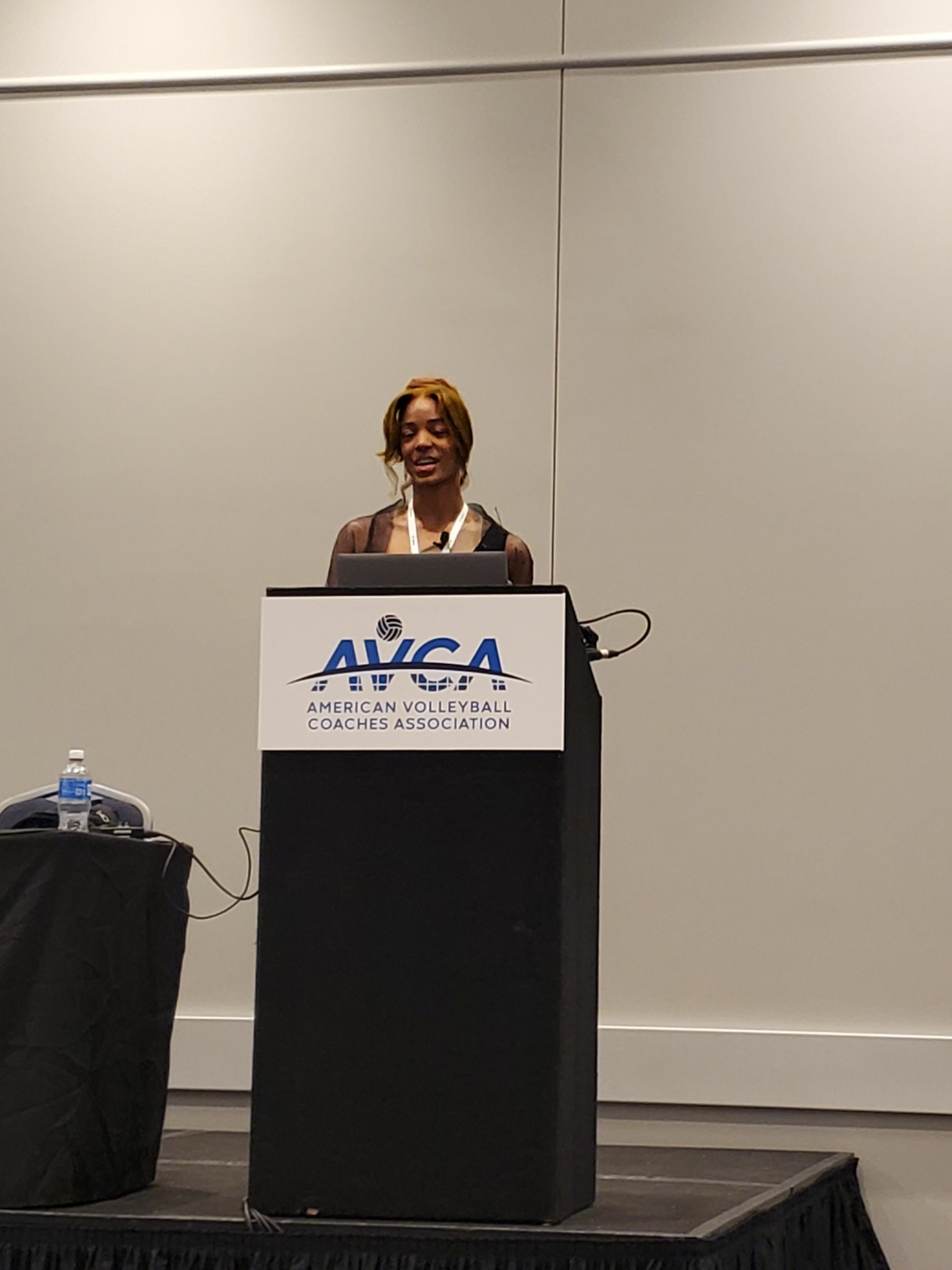
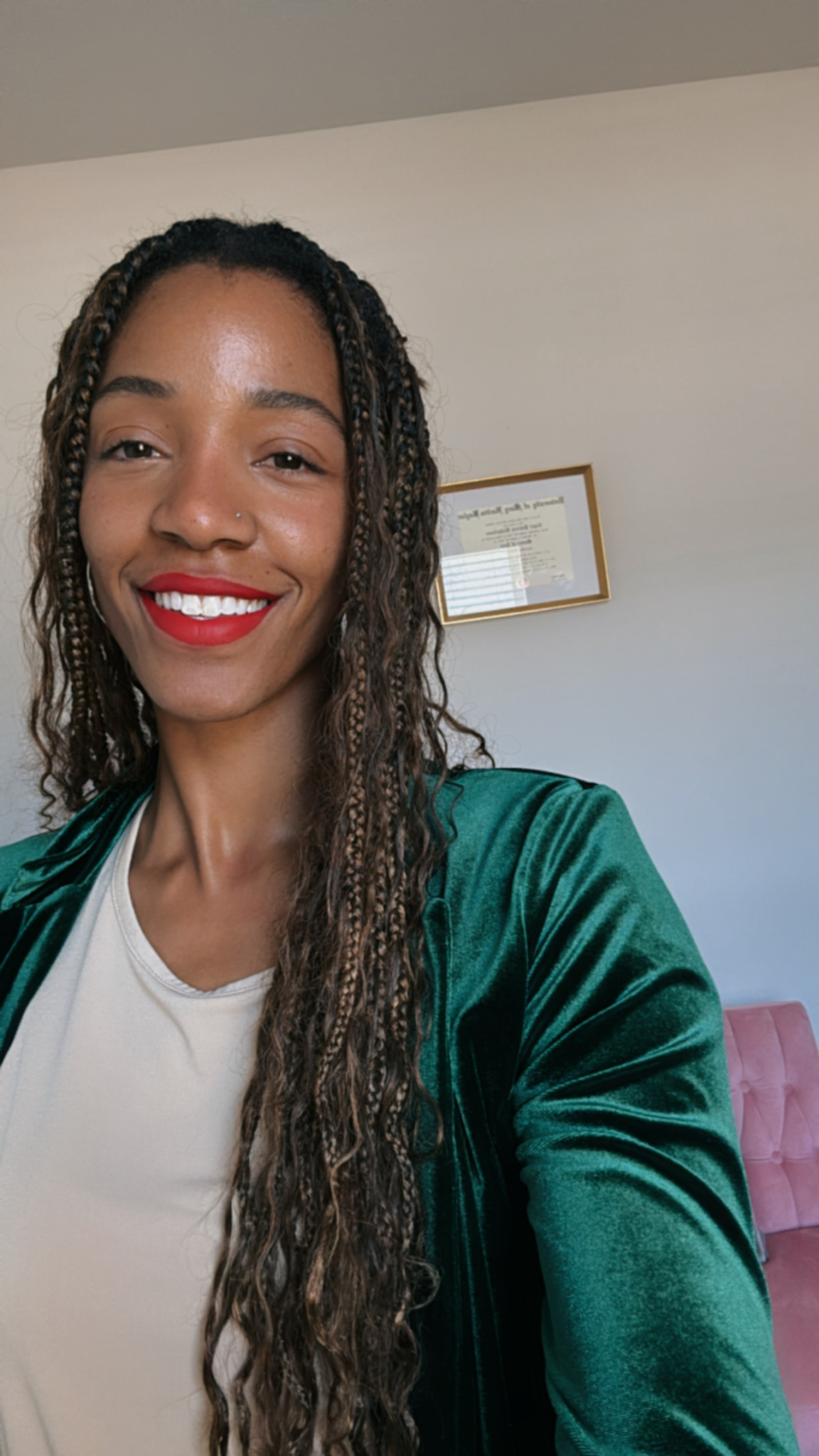
Image Credits
Personal Photo: Jessica DeVoss


